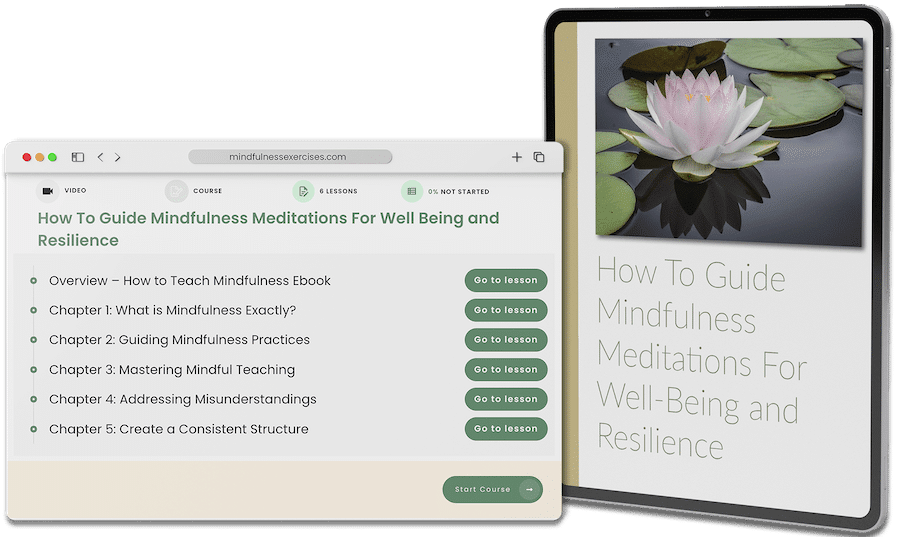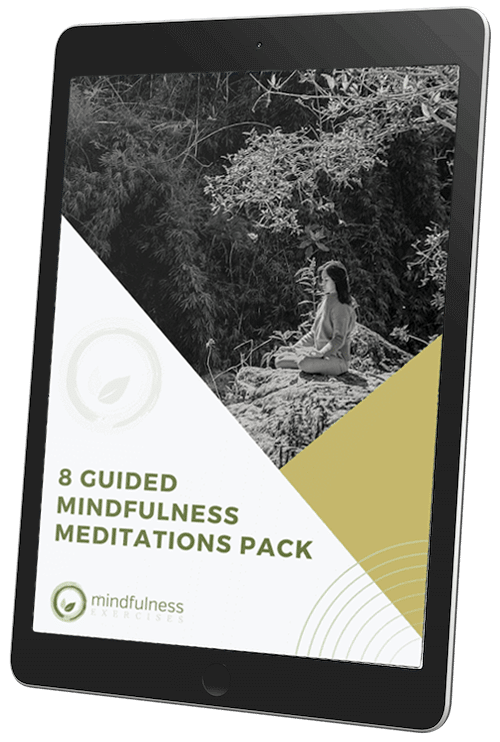Here’s a Sample of the “Recognition and Care for Those Who Frustrate You” Guided Meditation Script:
Humans are social creatures, which can be beautiful when we all get along.
Other times, people can cause us harm or push our buttons.
The heart builds a barrier, closing itself off slightly in order to protect us and ensure our safety
and happiness.
Instead of closing the heart, you can open the heart and train it to respond with care for those
who frustrate you.
This is a practice in loving-kindness and recognition of the harm caused.
As you close the eyes and settle into a comfortable meditation posture, bring loving-kindness to the mind and body.
Without straining, allow yourself to gently settle into present-time awareness.

Bring somebody to mind whom you find difficult.
If it is your first time using this exercise, try choosing somebody who’s just mildly challenging.
It may be someone who pushes your buttons or whom you find frustrating for some reason.
Reflect on the fact that this is a person who is subject to the emotional experiences of joy, love, sorrow, and grief, just like you.
Start by picturing the person with a smile across their face.
Begin offering a few phrases of appreciative joy, remembering that the intention with the
practice is to open your own heart to care for this person’s happiness.

















